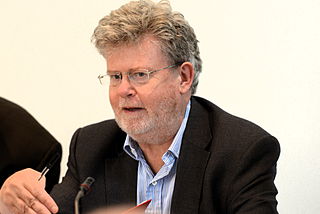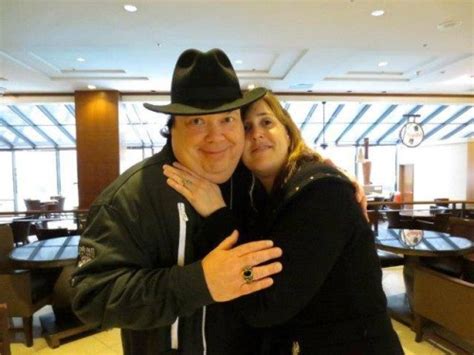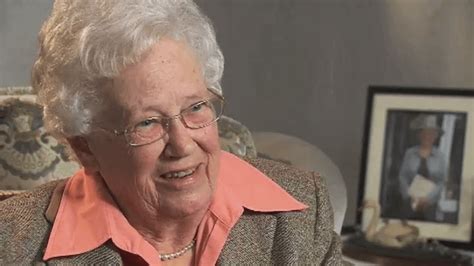A Quote by Kenneth Goldsmith
I think it's time to admit that our writing is guided by the technology we use as much as it is by our own subjectivity.
Related Quotes
I'm a woman in technology, I think that we have to consider our border and use the technology we have to be sure that we secure it. If you build a six foot wall, somebody may jump eight feet. But, maybe there's surveillance... there's many high tech things that we can use to be sure we are protecting our borders.
One of the most difficult problems of our age is that leaders, and perhaps academics as well, cannot readily admit that things are out of control and that we do not know what to do. We have too much information, limited cognitive abilities to think in systemic terms and an unwillingness to appear to be in control and to have solutions for our problems. We are afraid that if we admit to our confusion, we will make our followers and students anxious and disillusioned. We know we must learn how to learn, but we are afraid to admit it.
The illusion that mechanical progress means human improvement ... alienates us from our own being and our own reality. It is precisely because we are convinced that our life, as such, is better if we have a better car, a better TV set, better toothpaste, etc., that we condemn and destroy our own reality and the reality of our natural resources. Technology was made for man, not man for technology. In losing touch with being and thus with God, we have fallen into a senseless idolatry of production and consumption for their own sakes.
Think of a single word. We'll use soul as our example. How do you define soul? Is it the same definition I use? Can it ever be it? My soul is not your soul. Our souls, our definitions, are shaped by the singular and cumulative experiences in our lives, the emotional weight we attach to a concept forever locked in the space behind our own eyes.
Technology can be our best friend, and technology can also be the biggest party pooper of our lives. It interrupts our own story, interrupts our ability to have a thought or a daydream, to imagine something wonderful, because we're too busy bridging the walk from the cafeteria back to the office on the cell phone.
Later, I would realize that the position of most black students in predominantly white colleges was already too tenuous, our identities too scrambled, to admit to ourselves that our black pride remained incomplete. And to admit our doubt and confusion to whites, to open up our psyches to general examination by those who had caused so much of the damage in the first place, seemed ludicrous, itself an expression of self-hatred - for there seemed no reason to expect that whites would look at our private struggles as a mirror into their own souls, rather than yet more evidence of black pathology.







































